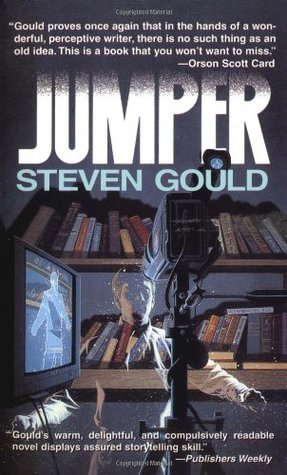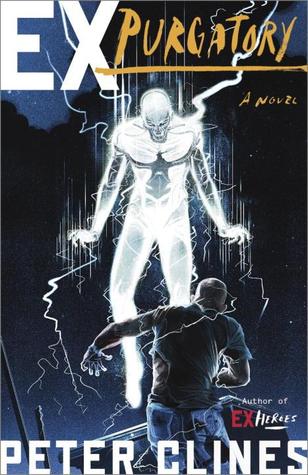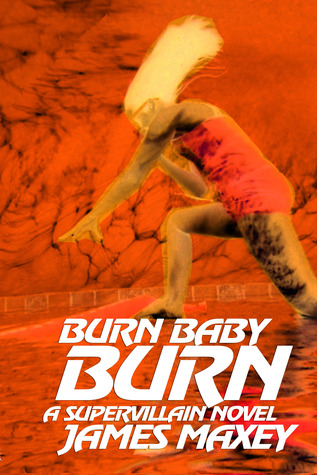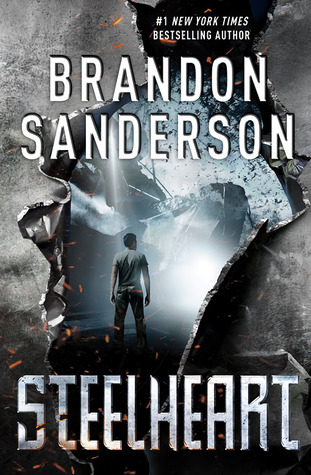Entry tags:
Comic Review: Invincible, by Robert Kirkman
A superhero universe by the guy who wrote The Walking Dead.

Image Comics, 144 issues
Invincible was a comic book series published by Image Comics that ran for fifteen years. In addition to the Invincible series itself, there were many spin-offs and miniseries and one-shots, all set in the same universe. It's now an animated feature on Amazon Prime. (I have not yet watched any of it.)
The series is collected in a variety of trade paperbacks and omnibuses, also available digitally. If you want to read the entire series, then other than reading all 144 issues individually, there are several types of collections. I'll describe them below, but tldr: get the Compendiums as the simplest way to read everything.
There are 25 of these. Each Volume collects 4-6 issues.

There are 12 of these. Each Ultimate Collections contains 11 to 13 issues of the series.
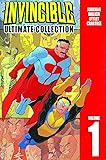











Lastly, there are the Compendiums. The entire series collected in three big volumes.



Below will be a review of the original comic series, including huge spoilers below the cut.
Invincible is an unabashed four-color superhero comic book. The main thing that sets it apart, and won it so many accolades, is that having been steered from beginning to end by a single creator, it is able to preserve a consistent narrative without too many continuity glitches across its entire fifteen-year span. While Marvel and DC characters have accumulated the cruft of 60-80 years of history, having been written by literally hundreds of different writers, further complicated by endless reboots, Invincible has always been written by one man: Robert Kirkman. It shows. You can see things in the final few issues that were set up at the beginning of the series. Recurring characters really feel like recurring characters whose reappearance was intended all along. It's not perfect: there are a few silly tangents and a lot of plot holes, some characters who seemed to have no real purpose other than a single scene, and a few early plot threads never resolve, but for the most part, it feels like a very long saga that the writer was able to bring to a conclusion the way he wanted to.
One of the other features of Invincible, though, is that it is graphically violent. When superheroes punch each other, there is blood, sometimes a lot of it, and there are entire issues painted with buckets of blood and gore. Kirkman really likes to show what happens when Superman punches a normie.
( lj-cut for gory spoilers... )
The story starts out as the amazing adventures of Mark Grayson, an ordinary teenager whose dad is Omni-Man, basically this world's Superman, but with a pornstache.
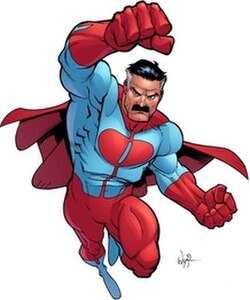
Mark is a senior in high school, trying to juggle girls, an afterschool job, homework, and college applications like any other teenager, and then his powers kick in. He's delighted to take up the cape (not literally, he goes for a more modern, capeless costume) and become a superhero like his old man.

They have Adventures, Invincible joins the Teen Team, there is relationship drama, and the Graysons are adorable, with Mark's mom being so blase about her husband and son running off to save the world on a regular basis, and occasionally disappearing for a week or two while being captured by extradimensional aliens or master villains.
The first volume alone was just plain fun, and enough to keep me reading, though I was starting to get bored with the Adventures of Superboy.
Then, everything changes.
( HUGE SPOILERS FOLLOW. )
My complete list of book reviews.

Image Comics, 144 issues
Invincible was a comic book series published by Image Comics that ran for fifteen years. In addition to the Invincible series itself, there were many spin-offs and miniseries and one-shots, all set in the same universe. It's now an animated feature on Amazon Prime. (I have not yet watched any of it.)
The series is collected in a variety of trade paperbacks and omnibuses, also available digitally. If you want to read the entire series, then other than reading all 144 issues individually, there are several types of collections. I'll describe them below, but tldr: get the Compendiums as the simplest way to read everything.
Trade Paperbacks
There are 25 of these. Each Volume collects 4-6 issues.

Ultimate Collections
There are 12 of these. Each Ultimate Collections contains 11 to 13 issues of the series.












Compendiums
Lastly, there are the Compendiums. The entire series collected in three big volumes.



Below will be a review of the original comic series, including huge spoilers below the cut.
Invincible is an unabashed four-color superhero comic book. The main thing that sets it apart, and won it so many accolades, is that having been steered from beginning to end by a single creator, it is able to preserve a consistent narrative without too many continuity glitches across its entire fifteen-year span. While Marvel and DC characters have accumulated the cruft of 60-80 years of history, having been written by literally hundreds of different writers, further complicated by endless reboots, Invincible has always been written by one man: Robert Kirkman. It shows. You can see things in the final few issues that were set up at the beginning of the series. Recurring characters really feel like recurring characters whose reappearance was intended all along. It's not perfect: there are a few silly tangents and a lot of plot holes, some characters who seemed to have no real purpose other than a single scene, and a few early plot threads never resolve, but for the most part, it feels like a very long saga that the writer was able to bring to a conclusion the way he wanted to.
One of the other features of Invincible, though, is that it is graphically violent. When superheroes punch each other, there is blood, sometimes a lot of it, and there are entire issues painted with buckets of blood and gore. Kirkman really likes to show what happens when Superman punches a normie.
( lj-cut for gory spoilers... )
The story starts out as the amazing adventures of Mark Grayson, an ordinary teenager whose dad is Omni-Man, basically this world's Superman, but with a pornstache.

Mark is a senior in high school, trying to juggle girls, an afterschool job, homework, and college applications like any other teenager, and then his powers kick in. He's delighted to take up the cape (not literally, he goes for a more modern, capeless costume) and become a superhero like his old man.

They have Adventures, Invincible joins the Teen Team, there is relationship drama, and the Graysons are adorable, with Mark's mom being so blase about her husband and son running off to save the world on a regular basis, and occasionally disappearing for a week or two while being captured by extradimensional aliens or master villains.
The first volume alone was just plain fun, and enough to keep me reading, though I was starting to get bored with the Adventures of Superboy.
Then, everything changes.
( HUGE SPOILERS FOLLOW. )
My complete list of book reviews.










